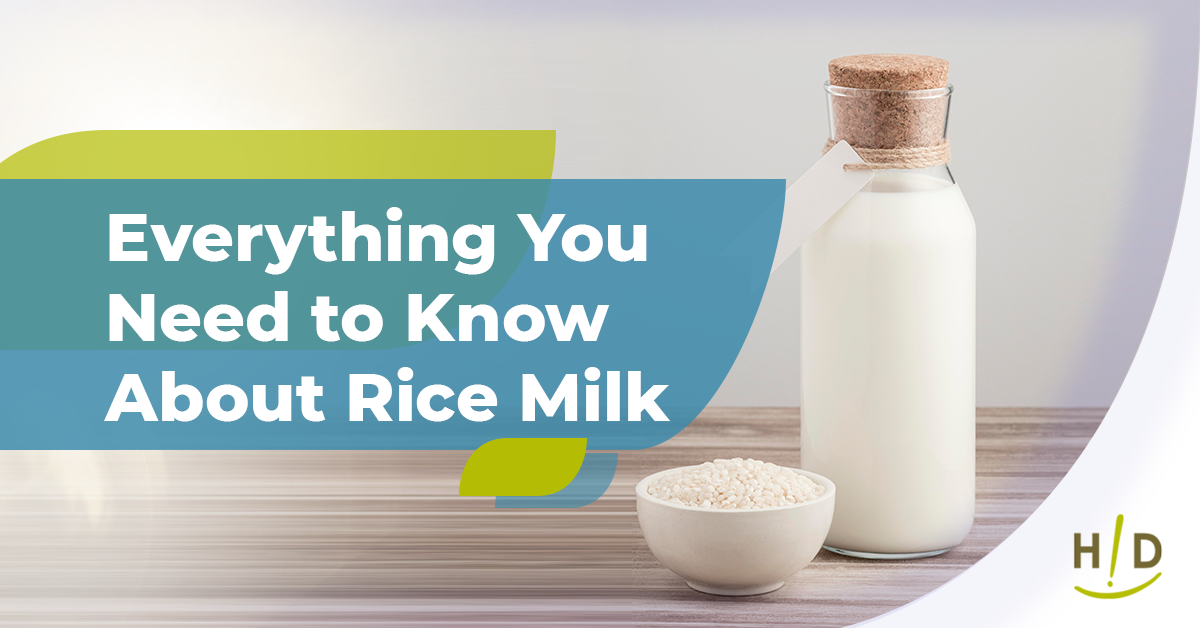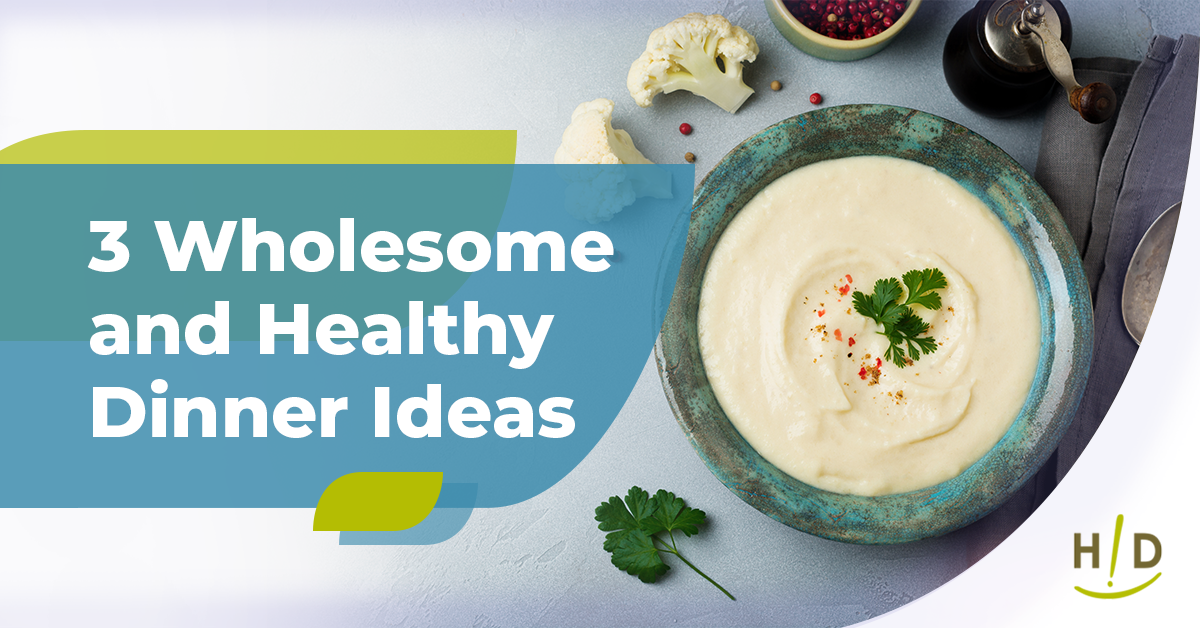If dairy foods bother you or you’re following a plant-based diet, like our Bible-based Hallelujah Diet to achieve optimal health wellness, you might wonder if rice milk is a good alternative to cow’s milk or other plant milks. Knowing the facts about rice milk helps you make an informed decision about your health!


Unsweetened Rice Milk Nutrition
The following is the macronutrient nutrition breakdown of a 1-cup portion of unsweetened rice milk:- Calories: 113
- Protein: 1 gram
- Carbohydrates: 22 grams
- Fat: 2 grams
- Fiber: 1 gram
Homemade Rice Milk Recipe
If you prefer making your own rice milk at home, try this Hallelujah Diet homemade rice milk recipe! The ingredients in it are:- 3 cups of distilled water
- 1 cup of organic brown rice (soaked overnight and drained)
- Ground cinnamon (optional)
- Vanilla (optional)
- Maple syrup (optional)

Rice Milk vs. Cow’s Milk
The main difference between rice and cow’s milk is the protein and lactose content. Rice milk doesn’t contain lactose, so it’s easier to digest than cow’s milk if you are sensitive to this natural sugar. Cow’s milk provides about 8 grams of protein per cup, while rice milk contains just under 1 gram of protein in the same portion. Rice milk is higher in carbohydrates. Cow’s milk nutrition information (for 1% cow’s milk) is as follows:- Calories: 105
- Protein: 8 grams
- Carbohydrates: 12 grams
- Fat: 2 grams
- Fiber: 0 grams
Rice Milk vs. Other Plant Milks
Rice milk varies slightly from other popular plant milks. Almond milk is typically lower in calories and carbohydrates than rice milk, while soy milk contains more protein and healthy fat. The nutritional breakdown of various plant milks is as follows: Unsweetened Almond Milk:- Calories: 39
- Protein: 1 gram
- Carbohydrates: 3 grams
- Fat: 3 grams
- Fiber: 1 gram
- Calories: 80
- Protein: 8 grams
- Carbohydrates: 4 grams
- Fat: 5 grams
- Fiber: 1 gram
- Calories: 40
- Protein: 0 grams
- Carbohydrates: 1 gram
- Fat: 4 grams
- Fiber: 0 grams
- Calories: 25
- Protein: 0 grams
- Carbohydrates: 1 gram
- Fat: 2 grams
- Fiber: 0 grams
- Calories: 60
- Protein: 3 grams
- Carbohydrates: 0 grams
- Fat: 5 grams
- Fiber: 0 grams
- Calories: 130
- Protein: 10 grams
- Carbohydrates: 3 grams
- Fat: 8 grams
- Fiber: 0 grams

What About Rice Protein Powder?
Plant protein powders containing rice and pea protein (plus extra fiber, vitamins, and minerals) make excellent additions to vegan meal plans. Mix these powders with water or plant milk to add extra protein and other essential nutrients to your diet. The nutrition breakdown of one scoop of Hallelujah Diet pea and rice protein powder is as follows:- Calories: 150
- Protein: 25 grams
- Carbohydrates: 6 grams
- Fat: 3 grams
- Fiber: 5 grams






